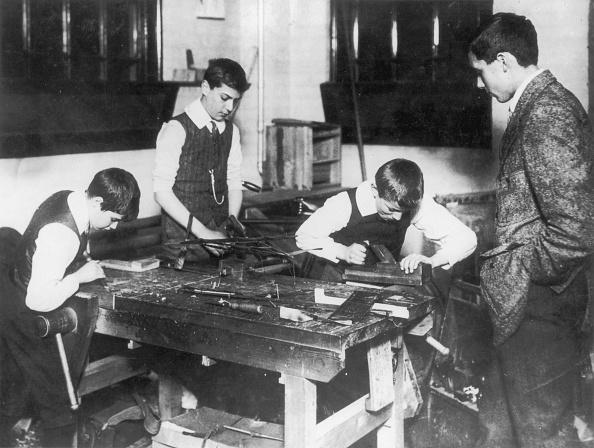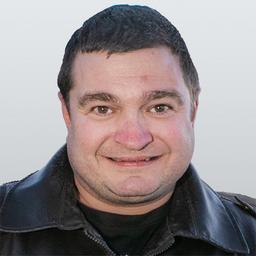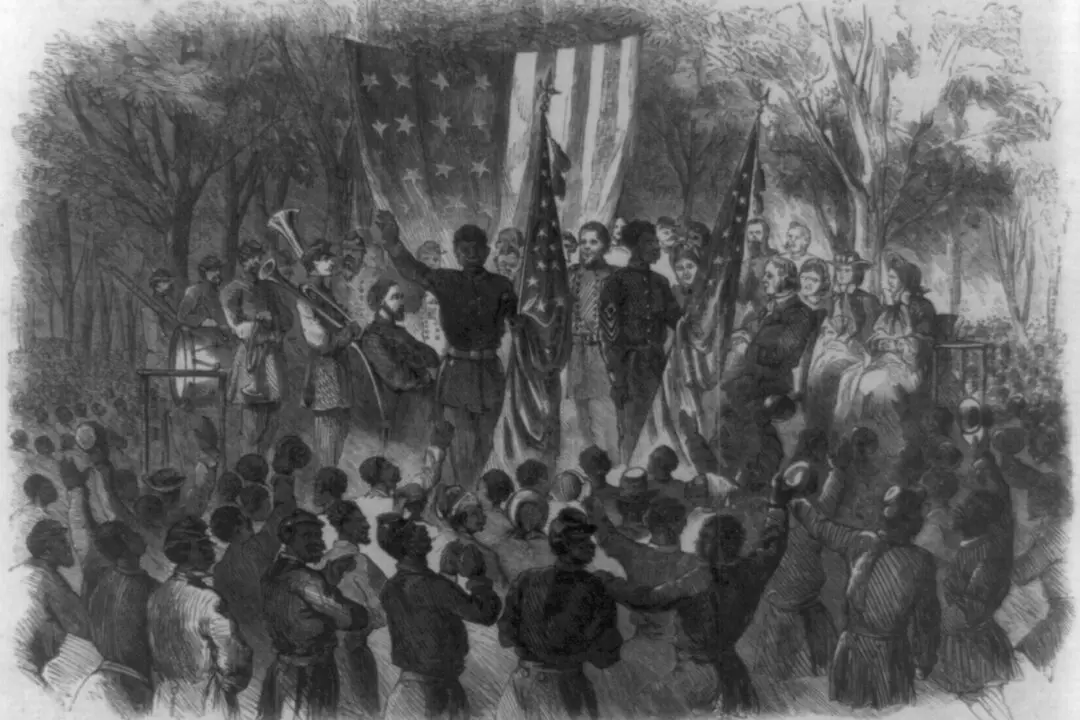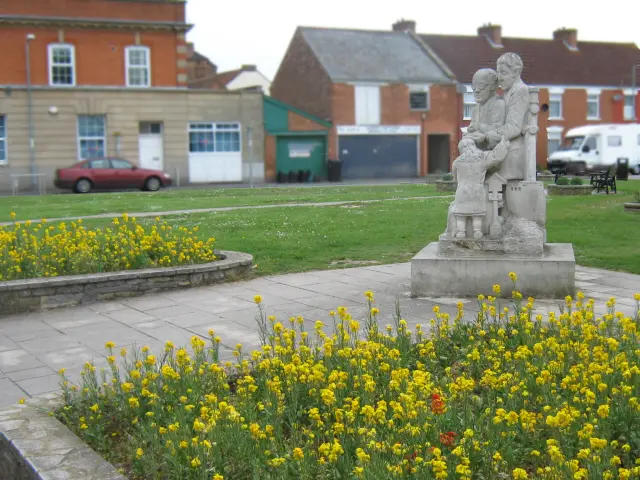Although Horace Mann grew up poor and without a solid means of education, he went on to become a pioneer that would change the way Americans received education for centuries to come. In fact, Mann was a lawyer, politician, and educator who had many beliefs and ideals that were well ahead of his time.
His career as a lawyer and politician would eventually lead him to his legacy as a public education reformer. Even today, Mann is known as the “father of American education” because many of the principles he implemented as the Massachusetts Secretary of the Board of Education in the 19th century are still used across the country in public schools. Mann also created the first school to train teachers, which all other U.S. states quickly replicated.






